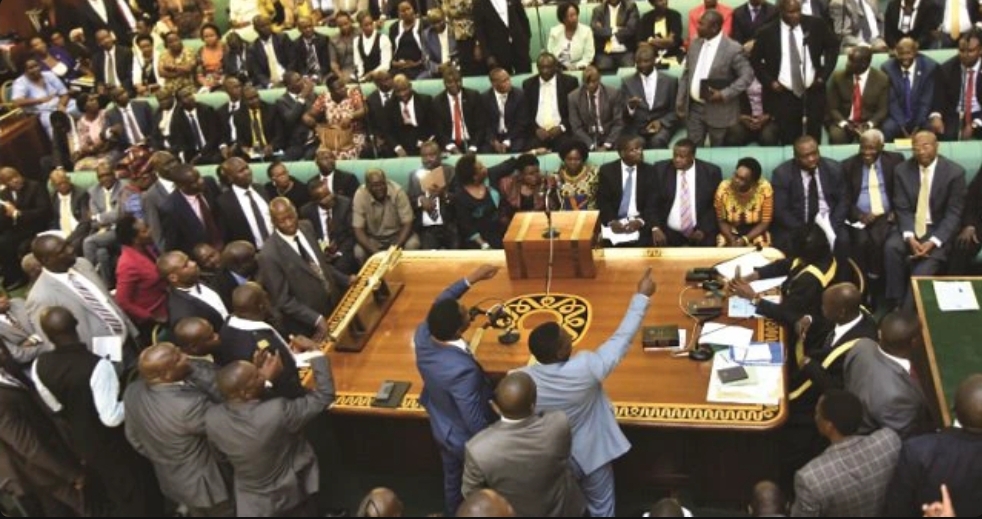How the Removal of the Age Limit Changed Presidential Polls

Former Speaker Rebecca Kadaga’s tenure included chairing the landmark parliamentary session that removed the presidential age limit in Uganda.
KAMPALA, UGANDA – The 2017 constitutional amendment to remove the presidential age limit has sparked a debate on the state of democracy in Uganda, especially with a growing number of individuals now vying for the nation’s highest office. The change, which eliminated the 75-year age cap and lowered the minimum age to 18, has opened the door for a diverse pool of candidates.
The constitutional change was a landmark decision that enabled President Yoweri Museveni, then 73, to seek another term. This move followed the removal of presidential term limits 12 years earlier, a measure that also paved the way for his continued presidency. The initial term limits, put in place in 1995, were reportedly intended to prevent former President Milton Obote from making a political comeback.
The 2017 amendment sparked controversy, with heated parliamentary debates and the deployment of Special Forces Commandos to remove some opposing Members of Parliament from the chambers. Ultimately, 317 MPs voted to pass the bill, with 97 opposing it and two abstaining.
The Impact on Elections
The new age requirements have significantly altered the political landscape. In the 2021 presidential election, for example, the reduction of the minimum age to 18 allowed then-24-year-old John Katumba to enter the race.
The 2021 election saw a crowded field of contenders, including prominent figures like musician-turned-politician Robert Kyagulanyi (Bobi Wine). For the upcoming 2026 polls, the number of aspirants has further swelled, with an estimated 138 individuals picking up nomination forms from the Electoral Commission. While most are unlikely to meet the stringent requirements—such as gathering signatures from voters across a majority of districts and paying a Shs20 million nomination fee—the sheer volume of interest has led to differing opinions.
Democracy or Dilution?
The influx of presidential aspirants is viewed differently by political observers. Richard Tadwong, the Secretary-General for the National Resistance Movement (NRM), believes it demonstrates a robust and thriving democracy under President Museveni’s leadership. “Everyone thinks they can become the President of Uganda,” he stated, suggesting it reflects a system of good governance.
Conversely, some critics, like Dr. Juma Kakuba Sultan, a political science lecturer at Kyambogo University, argue that the situation trivializes the presidency. He believes lawmakers should have imposed stricter qualifications, such as a financial requirement, to ensure candidates are serious contenders and to prevent the highest office from becoming a “laughing stock.”



0 Comments